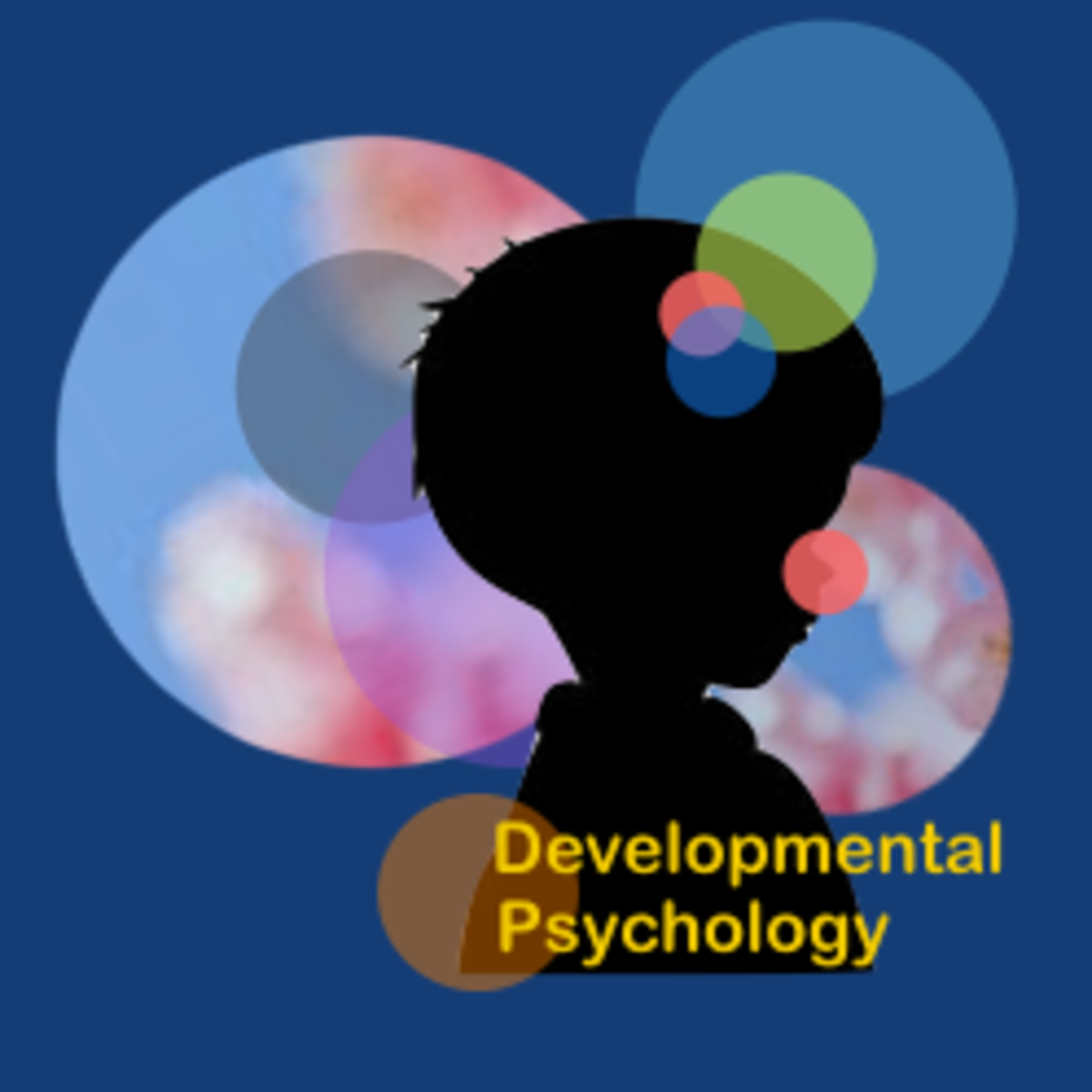
人性本質的開端是善或惡?成長與改變的原因是源自遺傳或環境?人類發展的過程是如小樹苗漸成大樹般的量變、還是如毛毛蟲變成蝴蝶般的質變?這些哲學爭辯顯示了同一個發展現象背後可能有不同的立場,因而需以縱貫追蹤或橫跨不同世代的跨齡研究設計探討人類發展的本質。此外,發展心理學欲瞭解的對象往往包括無法聽從研究者指示、或無法以語言、文字充分表達自己的嬰幼兒與兒童,因此需以特殊的研究派典才能回答發展趨勢、發展歷程是否為連續、以及個別差異是否隨發展保持穩定等議題。因此,本課程的主旨有二,一為說明各種看待發展的哲學觀、另一則為介紹發展心理學的研究設計與方法。
What's inside
Syllabus
什麼是發展心理學?
發展心理學所涵蓋的研究領域及關心的年齡層包括哪些?本模組將介紹「發展」的意義以及發展心理學家所關心的發展議題,並將以「人生到處知何似,應似飛鴻踏雪泥,泥上偶然留指爪,鴻飛那復計東西」說明發展心理學家研究「發生」、「發展」、及「改變」的規則的重要性。
發展心理學理論中的哲學基礎與立場爭論
Read more
Syllabus
Good to know
Save this course
Reviews summary
Thought-provoking course on developmental psychology
Activities
寻找发展心理学导师
Show steps
寻求专业指导,获得额外的学习资源。
Show steps
-
确定自己需要指导的领域。
-
寻找相关领域的专业人士。
-
向导师提出指导请求。
Show all one activities
寻找发展心理学导师
Show steps
寻求专业指导,获得额外的学习资源。
Show steps
- 确定自己需要指导的领域。
- 寻找相关领域的专业人士。
- 向导师提出指导请求。
Career center
Developmental Psychologist
Developmental Biologist
Child Psychologist
Educational Psychologist
School Psychologist
Pediatrician
OB/GYN
Early Childhood Educator
Preschool Teacher
Kindergarten Teacher
First Grade Teacher
Second Grade Teacher
Third Grade Teacher
Childcare Provider
Nanny
Reading list
Share
Similar courses
OpenCourser helps millions of learners each year. People visit us to learn workspace skills, ace their exams, and nurture their curiosity.
Our extensive catalog contains over 50,000 courses and twice as many books. Browse by search, by topic, or even by career interests. We'll match you to the right resources quickly.
Find this site helpful? Tell a friend about us.
We're supported by our community of learners. When you purchase or subscribe to courses and programs or purchase books, we may earn a commission from our partners.
Your purchases help us maintain our catalog and keep our servers humming without ads.
Thank you for supporting OpenCourser.



